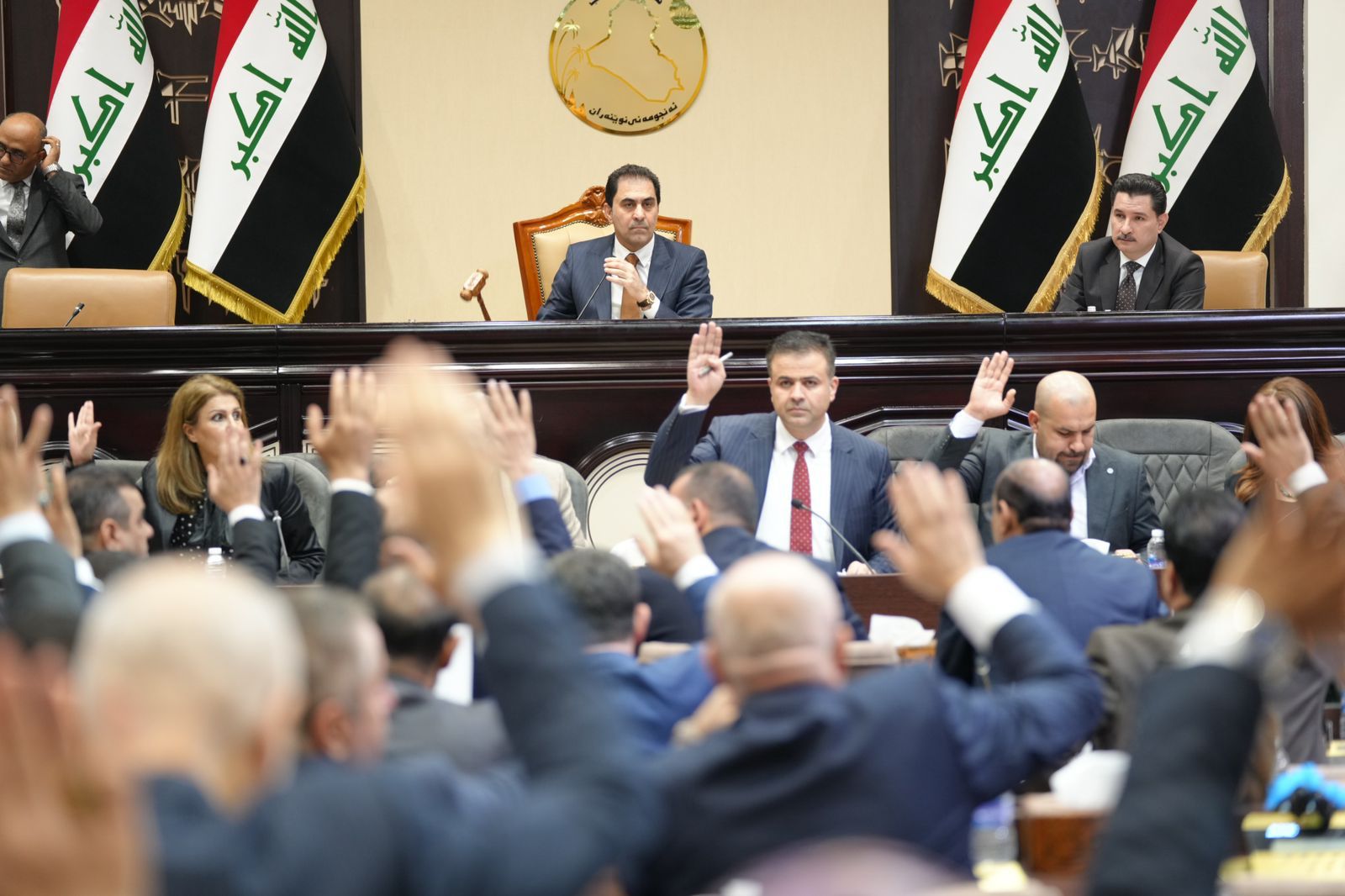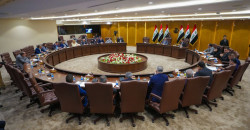Iraq's parliament set to hold a second reading for controversial Personal Status Law

Shafaq News/ Iraq's House of Representatives is scheduled to convene on Tuesday for a session that will include a second reading of the highly contentious Personal Status Law, a parliamentary media office announced on Monday.
The proposed amendments to the law, which adjudicates marriage, divorce, and inheritance, have sparked intense debate among both Iraqi lawmakers and the public. Critics argue that the changes could undermine women's rights and exacerbate sectarian divisions, while supporters contend that they are necessary to conform the legislation with the Islamic and social values of Iraq.
On August 4, 2024, the Iraqi parliament held the first reading of a bill amending Iraq’s personal status law, which has been in place since 1959. If passed, these amendments may reinforce sectarian identity and undermine women's rights, according to rights groups. The proposed amendments would give Muslim citizens the option of selecting either the current, largely secular personal status law or a religious law—depending on their sect—as the basis of all family law matters upon their marriage.
This is the conservative Islamist parties’ third attempt to transform Iraq’s personal status law into a religiously based law since 2014. Unlike the previous two attempts, however, this attempt has garnered broader political support and may succeed, despite the outcry from Iraqi civil society organizations.
In addition to the Personal Status Law, the parliament will also consider the first reading of a bill aimed at combating forced disappearances. Other items on the agenda include a routine discussion of the Intellectual Property Protection Law, the statement said.
The proposed amnesty law, which had been scheduled for a second reading, was notably absent from the agenda.
Sunni blocs hope the parliament will pass the amendments to release thousands of inmates from their community, many of whom were arrested under Article 4 of the Anti-Terrorism Law. Critics argue that these arrests often stem from personal vendettas, fabricated charges, and secret informant reports. The penalty under Article 4 is execution.
The bill, however, faces strong opposition from Yazidi lawmakers. They claim it proposes releasing former ISIS collaborators who participated in genocide against the religious minority in Sinjar when the extremist group occupied two-thirds of Iraq's territory in 2014.
To become a binding law, the Iraqi parliament must conduct three readings for any bill, debate it thoroughly, and then vote on it unanimously.





